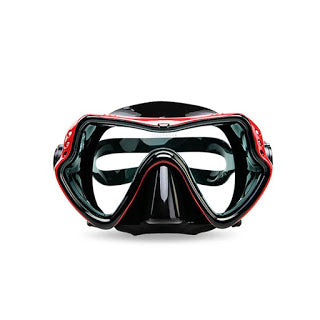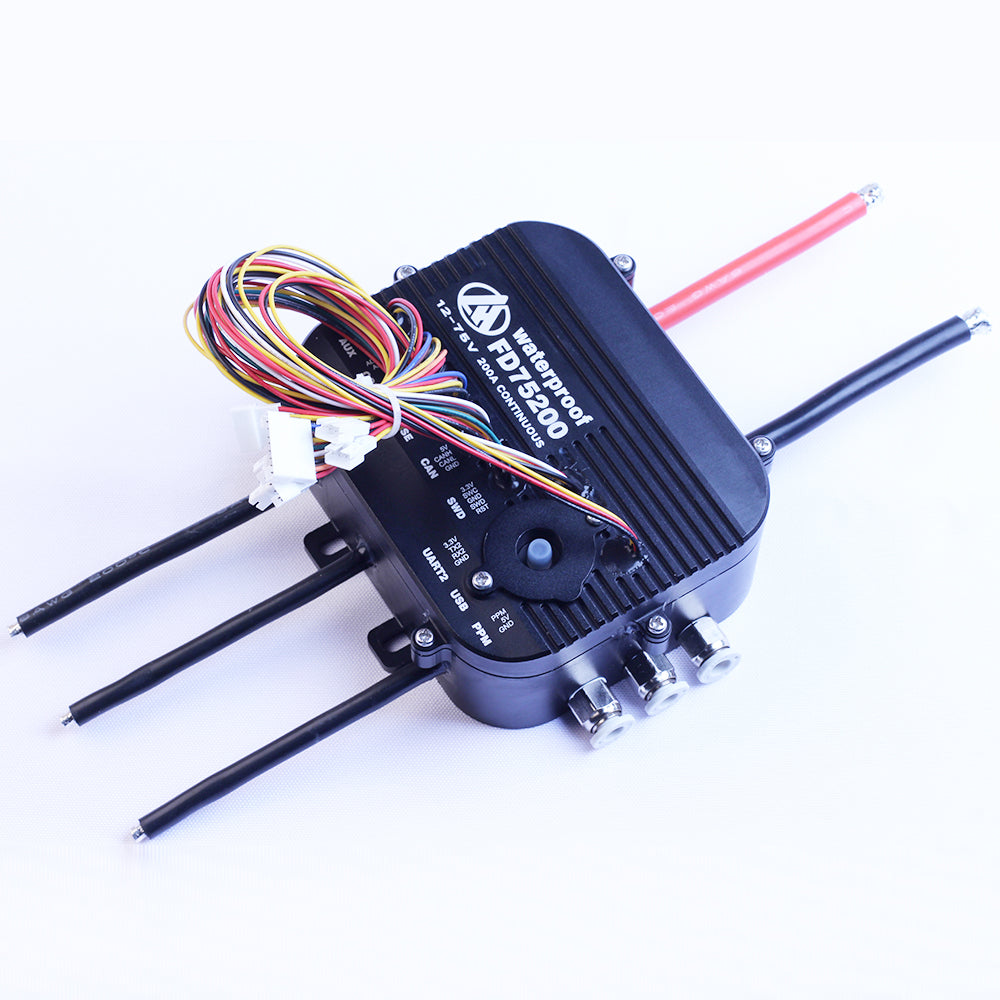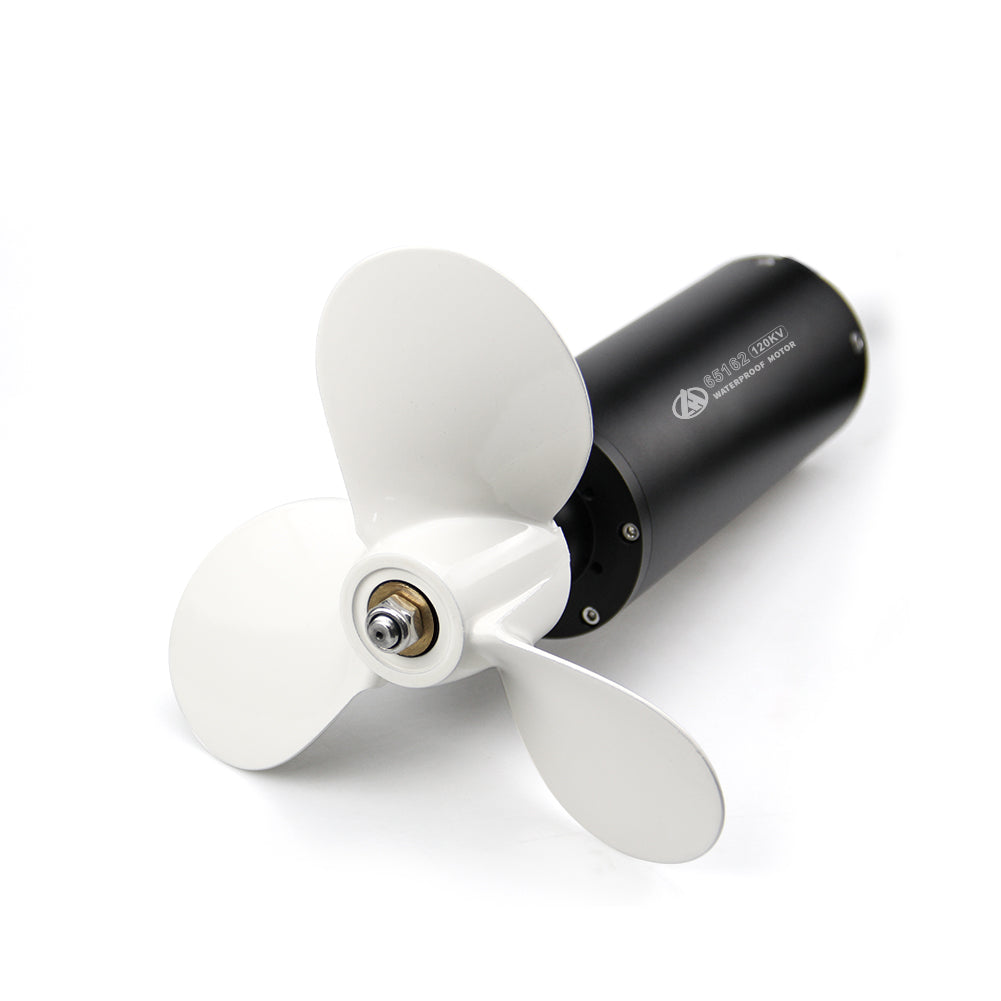
Three Steps To Teach You How To Clean Your Diving Mask!
For any new diver, clearing the water in the diving mask is the most important diving skill. However, this is also the most troublesome skill for students. It is very important to clean the mask. This is one of the primary skills on the first day of any diving course. When teaching this skill, 4 out of 5 students have difficulty removing the diving mask for the first time. However, after some practice and professional guidance, you can operate proficiently, and your previous anxiety will disappear.
This article will briefly introduce you to the three steps of cleaning your diving mask:
Step 1: Discover
This means not only raising your eyes, but also tilting your head back and looking up. When you force the air through the water in the mask, this ensures that the air is trapped on top of the diving mask.
Step 2: Remove the bottom of the diving mask from the face.
If the mask is too far away from the face, this step will be difficult to operate. You only need to remove the mask 2.54 cm from the face. A little more, you will find it difficult to remove all the water, and you may get more water than you did at the beginning. Expert Tip: If you are in trouble, please do not remove the diving mask from your face, but press the top of the mask hard and lift your head to blow the air out of your nose. As long as there is a gap between your face and the lens, water will overflow.
Step 3: Blow your nose.
One of the most common things I hear from new divers is that they are not used to breathing through their mouths and wearing isolation masks can make them feel restricted. In fact, this is so common that manufacturers are now making full-face snorkel masks to make nasal breathing more comfortable. I saw that the students mastered the first and second steps. Then exhale air from the diving regulator and try to clear the diving mask. If you belong to this group, practice breathing air from nose to water before trying this skill.
Sounds simple, right? Once you have mastered it, you can easily clean your diving mask while diving!
Leave a comment
Comments will be approved before showing up.


